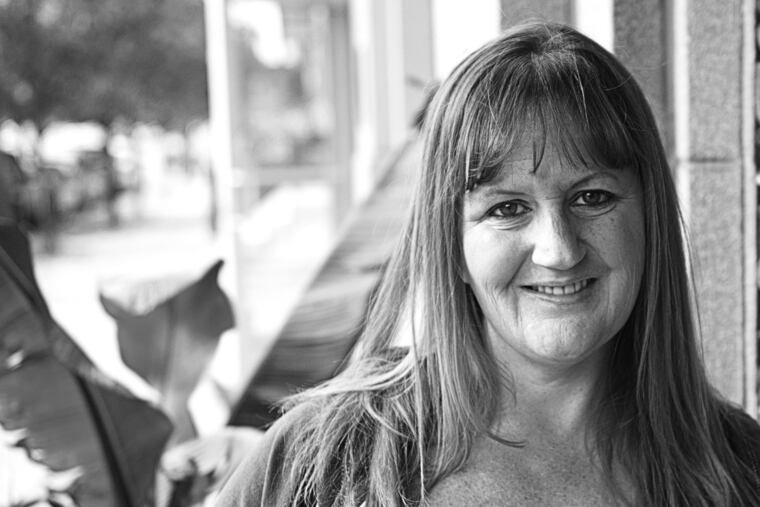Supreme Court won’t consider efforts to criminalize homeless for sleeping outside
The "real issue," advocates for the homeless say, is providing affordable housing.

For Katie Dougherty, who lived homeless for about four years in Center City and Kensington, the idea of arresting people for sleeping on the streets is “insane.”
So, she was gratified to learn that the U.S. Supreme Court last Monday declined to hear a case that would, in effect, criminalize being homeless.
The decision (or more accurately, non-decision) leaves in place the ruling by the U.S. Court of Appeals for the Ninth Circuit, in San Francisco, which struck down laws prohibiting homeless people from sleeping on the streets of Boise, Idaho, according to the New York Times.
The appeals court ruling said the Constitution does not allow cities to prosecute people for sleeping outdoors if no shelter is available.
Much of the American West is grappling with people who have nowhere to live but outdoors. There are close to 10,000 people living homeless in San Francisco and 59,000 in Los Angeles County, federal data show. In Philadelphia, about 1,100 live on the streets, with more than 5,000 in shelters, according to the city’s Office of Homeless Services.
“People don’t understand how it feels to be homeless,” said Dougherty, 45, of West Deptford, a former waitress and the mother of four children, ages 24, 15, 13, and 11. “You don’t know my story.”
Dougherty, who grew up in Havertown, said she became addicted to Percocet after experiencing back pain. Afterward, she began using heroin, and soon found herself alienated from family and on the sidewalk between 2009 and 2012.
She’s more than familiar with the looks that passersby on the street flash at those who are homeless.
“You’re an eyesore, basically,” Dougherty said. “Businesses don’t want you near. And some in society view you as someone who did something bad.”
Currently, Dougherty lives in housing provided by Project HOME, a Philadelphia agency dedicated to helping people who are homeless.
The Boise case was based on whether the homeless can be prosecuted using laws designed to regulate public camping and sleeping, or whether that constitutes cruel and unusual punishment in violation of the Eighth Amendment to the Constitution, USA Today reported.
News of the Supreme Court’s declining to take up the case delighted Sister Mary Scullion, executive director of Project HOME.
“We celebrate this because it’s not a crime to be homeless,” Scullion said.
But, she added, it’s a “hollow victory” because the real problem is the lack of a national commitment to providing affordable housing for Americans in need.
“This requires substantial federal resources, coupled with city and state resources as well,” Scullion said.
She added that the problem of homelessness “will only be exacerbated” by the Trump administration’s efforts to cut food stamps, Social Security disability benefits, and other safety-net programs.
“These are the basic benefits people need to live” and avoid homelessness, Scullion added.
Her comments dovetailed with those of Liz Hersh, director of the city’s Office of Homeless Services, who said that the nation’s focus shouldn’t necessarily be on the Supreme Court and a “victory for civil liberties,” but instead on “the actual issue: the lack of affordable housing across this nation.”
The resolution of the Boise case came during the same week that Hersh’s office reported that Philadelphia’s opioid overdose crisis is contributing to high death rates among people experiencing homelessness. Such deaths tripled between 2009 and 2018, from 43 to 132.